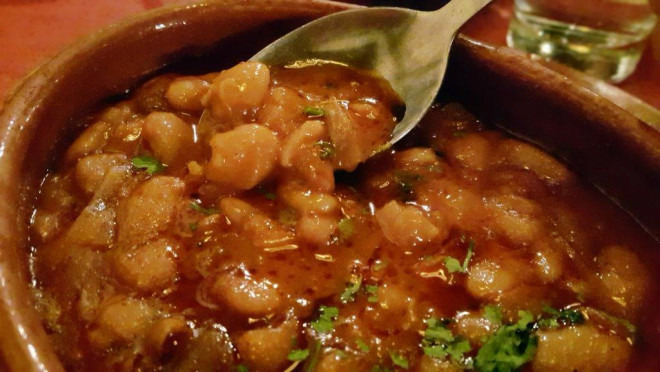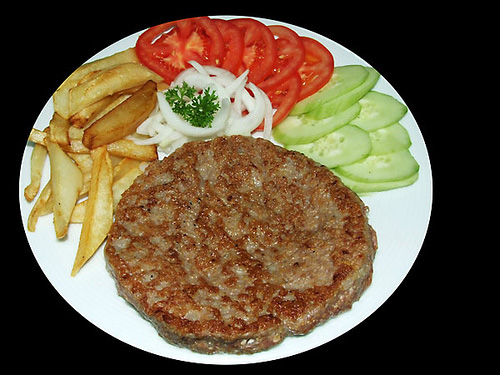
It is difficult to introduce a foreigners in Serbia the secrets of local cuisine. Many dishes cannot be property translated into another language, while others are simply not eaten anywhere else, even though they are made from ingredients commonly available in all European countries. If you want to investigate Serbia’s national cuisine, which can be described as a melting-pot of civilisations and ethnic influences, then let the experienced hands of Serbian restaurateurs guide you.
 The great variety in Serbia’s cuisine originates from its geographical, national and cultural diversity, and the jigsaw of centuries of population changes. Influences on Serbian cuisine have been rich and varied – it first began as a mixture of Greek, Bulgarian, Turkish and Hungarian cooking.
The great variety in Serbia’s cuisine originates from its geographical, national and cultural diversity, and the jigsaw of centuries of population changes. Influences on Serbian cuisine have been rich and varied – it first began as a mixture of Greek, Bulgarian, Turkish and Hungarian cooking.
Native Serbian foods are named as Beef prosciutto, kajmak, ajvar, cicvara (a type of polenta made from flour, eggs, butter and cheese), rose-petal slatko (a sweet preserve) and other specialities made with dried plums
Breads, strudels and pasta, and various kinds of processed meats produced from healthy stocks of cattle and poultry are characteristic of modern day Vojvodina. Spinach pies and spit-roast pork are characteristic of Šumadija. Smoked meat is the speciality of western Serbia and the lamb dishes of Zlatibor and Zlatar are not to be missed. The cuisine of eastern Serbia is noted for its dry shepherd’s pies, lamb cooked in milk, smoked wild boar meat, janjija with three kinds of meat and various vegetables, and Homolj kačamak (a regional type of polenta made from cornmeal, potato and sometimes feta cheese). In southern Serbia grilled or spit-roasted meat dishes, particularly the famous Leskovac grilled specialities, are very popular. Hundreds of tasty dishes, both vegetarian and meat-based, are eaten in Kosovo and Metohija: bingur, pirjanice, various pies and baklava, as well as lamb and mutton specialities.
Serbian villages are ecological oases; free from the pollution of modern civilisation, they have a mild climate, clean air and healthy foods. The ingredients which the hosts use to prepare food in a traditional and healthy way come from their own property and the tourist can be secure in the knowledge that the vegetables and animals are grown and raised naturally.